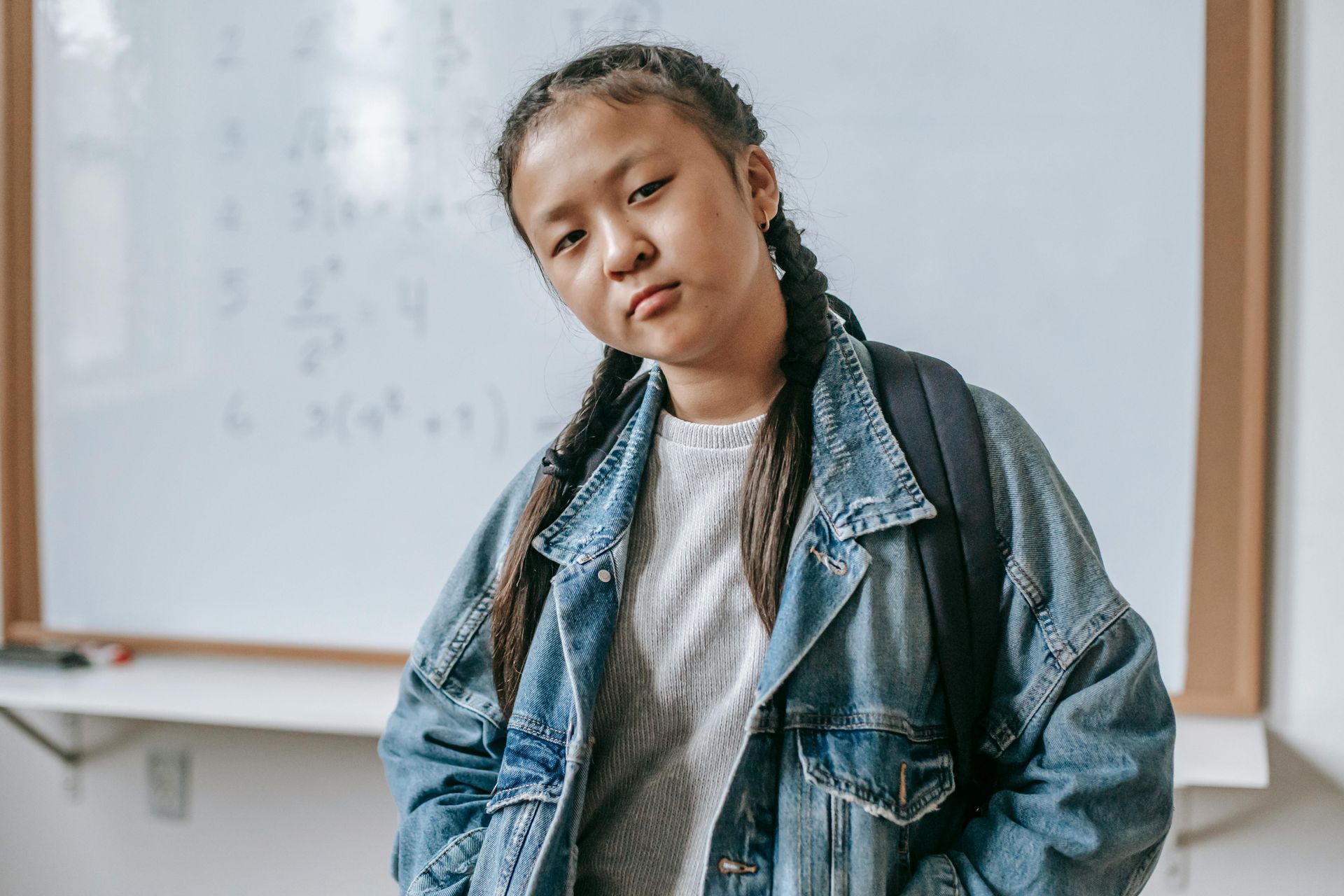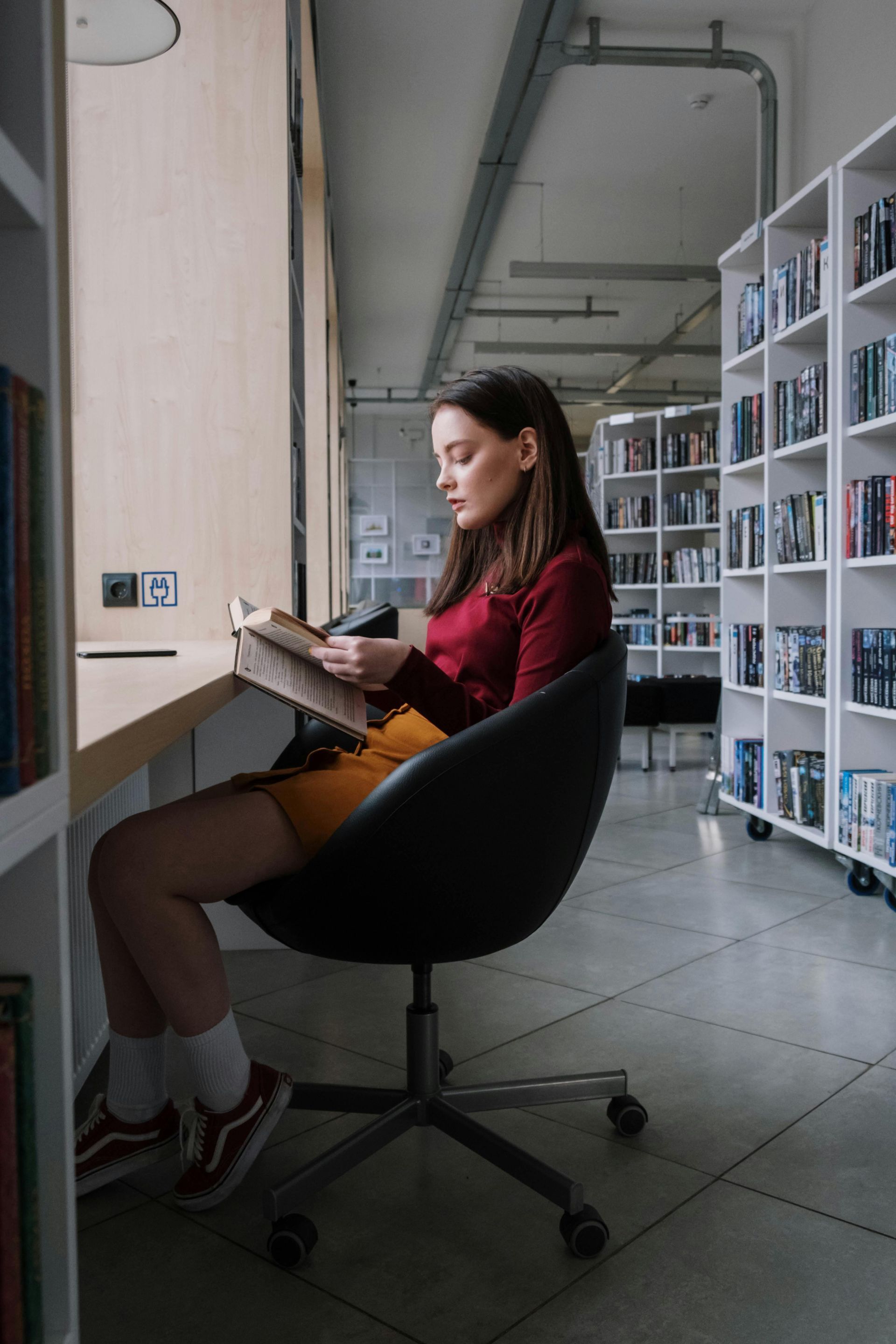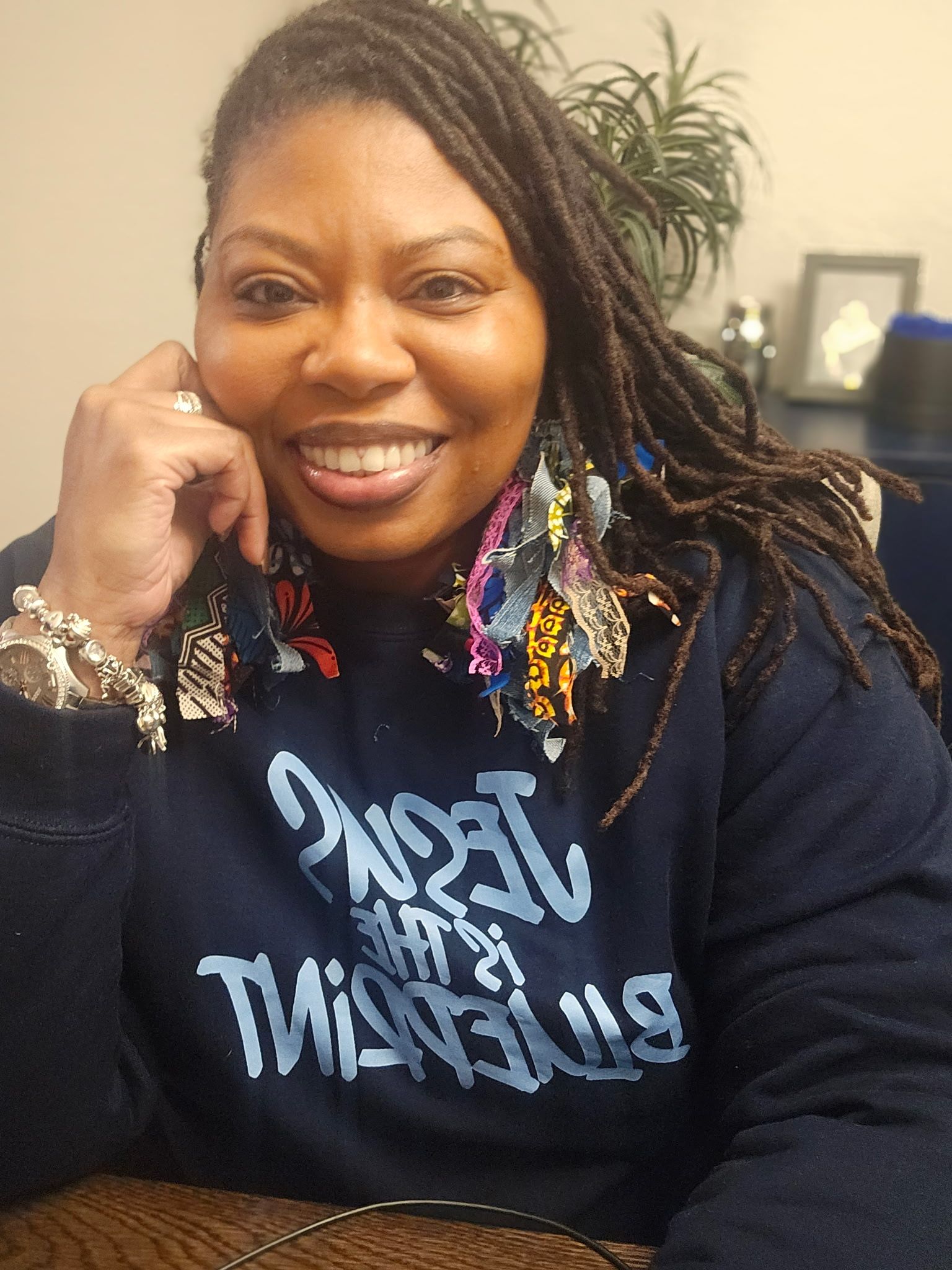Story of Hope: Emily Benedict
Emily Benedict: Championing College Dreams for Youth in Care
Emily Benedict has always believed deeply in the power of higher education and has a passion for making college access a reality—especially for youth in foster care. When she expressed interest in taking on a second CASA case, she was clear about her goal: she wanted to work with a youth on the college docket, helping them navigate the complex path toward applying to and enrolling in college.
In August of last year, Emily was matched with a 16-year-old youth living at Connections in New Braunfels. The teen had spent several years in care, with her parents’ rights terminated and a previous kinship placement having broken down. Though she had two siblings, she was no longer in contact with them.
From their first meeting, a strong connection grew between Emily and her youth—especially during a Clifton Strengths event hosted at CASA. As the school year kicked off, Emily quickly stepped in to advocate for her youth’s education. She connected with school counselors, began tracking her youth’s grades and attendance, and stepped up when she learned the teen was failing two classes due to a lack of access to technology. Emily secured a Chromebook and printer through CASA, ensuring her youth had the tools to succeed. With weekly check-ins, academic encouragement, and consistent support, her youth turned things around—eventually getting back on track to graduate a year early.
Knowing college was the goal, Emily helped prepare her youth for the journey ahead. She shared opportunities for SAT prep, researched application deadlines, supported her through the FAFSA process, and made sure every college application was submitted on time. She also enrolled her in the PAL program, arranged campus tours, and even ensured she had the required immunizations for enrollment. Emily didn’t stop there—she helped her youth open a bank account and advocated tirelessly with the caseworker to get her into a driver’s ed program.
Throughout the year, Emily also supported her youth emotionally. She helped her process complex feelings about being separated from her siblings and successfully facilitated a visit—opening the door to renewed phone and virtual contact.
Just weeks before graduation, the youth’s placement at her residential facility fell through, and she began couch-surfing with friends. Emily didn’t miss a beat. She stayed in close contact with the youth’s support team—including her caseworker, attorney, and college docket facilitators—keeping everyone updated and focused on solutions. She explored housing options, called multiple facilities, and even reached out to colleges to see if the teen could move into a dorm early. Though dorms were restricted to 18+, Emily remained determined.
She arranged a meeting between the teen and Judge Montemayor, who encouraged her to finish her final week of school and graduate—assuring her of continued support while placement was pending. Soon after, Emily discovered Lifeworks in Austin, a program offering housing, counseling, education, and workforce support. She helped secure a spot, drove her youth around town to collect belongings, and personally transported her on move-in day—returning the next day to check in.
Emily proudly attended the teen’s graduation at the end of May. She is now helping her enroll in an online course for the fall semester, giving her a head start on college before she turns 18 in November and transitions into a Supervised Independent Living (SIL) dorm.
Through every setback and success, Emily has remained a steady, empowering force—amplifying her youth’s voice, championing her goals, and proving the life-changing impact of one dedicated CASA volunteer.









